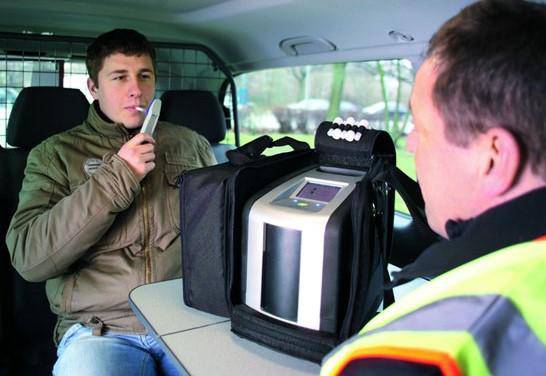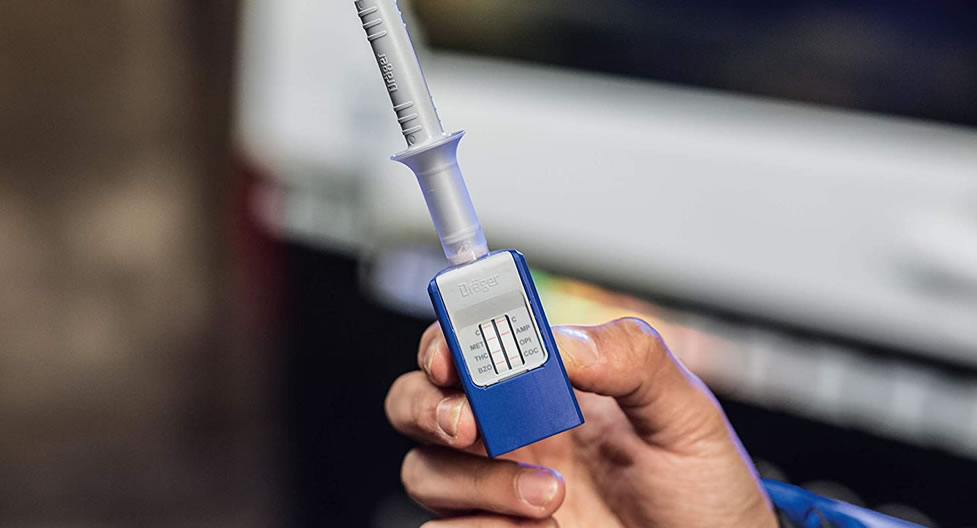 By: admin / April 7, 2023
By: admin / April 7, 2023
WHAT DO WE NEED TO KNOW IF THE SAMPLE TESTS POSITIVE FOR DRUGS BY TECHNICAL MEASURES?
Driving after using narcotic substances in Bulgaria is a crime. The law makes no distinction as to the amount of narcotic substance that is reported, but only matters if there is a prohibited substance present. In this way, our legislation has established zero tolerance for the presence of narcotic substances in the body of car drivers. Bearing in mind the practice of the courts, it should be known that it is not important how long ago the narcotic substance was consumed, as well as whether the driver's abilities were not impaired at the time of driving a car.
When are our actions a crime?
For there to be a crime, the person being tested must first be the driver of the car, as well as the car must be in motion. Jurisprudence has equated to movement and even ignition of the car engine. That is, if you have the engine running, even though the vehicle is at rest, that is enough to assume that there is "control" of a motor vehicle. Another requirement is that the vehicle is on a road open to public use, not on a dirt, gravel or other unmarked road.
Is there a specific order for performing the inspection?
The check for the presence of narcotic substances is carried out according to Order No. 1 / 2017. to establish the use of alcohol and narcotic substances by motor vehicle drivers. In this regulation, the procedure for carrying out the inspection is determined in detail, and in case of violation of the same, there is a high probability that the inspection will turn out to be illegal. Another requirement is to follow methodological guidelines for working with the technical tool. From 2020 the only licensed device used to detect narcotic substances is the Drager Drag test 5000. Unfortunately, from my extensive experience, I can say that the device is not accurate and often reports the presence of a narcotic substance, even though the person tested has not consumed any. This significant shortcoming of the device can only be resolved by giving a blood sample. Refusal to give one is clearly an admission of drug use. It often happens that police officers guide tests in the wrong direction, not to give a blood sample. When performing a laboratory test of a blood sample for the presence of narcotic substances, a detailed analysis of the chemical compounds is carried out and errors made by technical means are eliminated. Nowadays, the most accurate way to detect narcotic substances is through laboratory testing.

Before a driver is tested for the use of nacrotic substances, it is necessary to make an assessment by the control authorities regarding the external behavior of the driver. Only after they find symptoms such as dilated pupils, nervous behavior, impaired speech, gait, etc. to describe these observations in a drug testing protocol and then proceed to a technical device test. There are important requirements from the manufacturer here, which are often overlooked and this results in a poor quality sample. In the case of a positive finding, a ticket for a medical examination is drawn up and within a certain time range the examined person should appear at the medical facility specified in the ticket. It is the duty of the law enforcement officers to accompany the person to the relevant establishment. There, a medical examination is carried out and a protocol for this is drawn up, and it is also entered in a special register. Only after that, a blood sample is taken, and it is mandatory to take two separate samples, which are sealed and stored in a special order. This also applies to their transportation. All these requirements hide a number of organizational duties of police officers. That is why it is easier for them for the person to refuse a blood sample, but as I indicated above, this is a kind of admission for driving after using narcotic substances.
For additional information, contact a specialist.